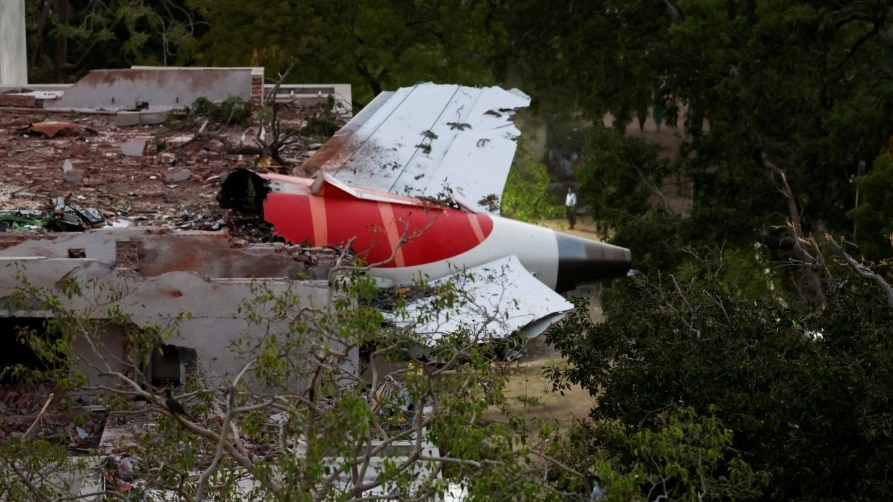The Airline Pilots’ Association of India (ALPA-India), representing over 800 pilots, is considering legal recourse to be part of the Air India plane crash probe. This comes after ALPA President questioned the ‘lack of transparency’ in the investigation process ahead of the release of the crash report. The group also alleged the Aircraft Accident Investigation Bureau’s (AAIB’s) preliminary report exhibited bias toward pilot error.
“The preliminary report by the AAIB has been put up on the website. It does not have anyone’s signature on it. We want transparency. We had asked for our representation in the investigation panel,” ALPA-India President Sam Thomas told news agency PTI. He added that members have domain expertise and can contribute meaningfully to the probe.
ALPA is a member of the International Federation of Airline Pilots’ Association (IFALPA) that likely has 1 lakh pilots from across 100 countries as its members.
Members of ALPA are expected to meet officials of the Directorate General of Civil Aviation (DGCA) on Monday.
After the report was released the group said that they were “surprised at the secrecy surrounding these investigations” and that “suitably qualified personnel are not taken on board for these crucial investigations”. “We feel that the investigation is being driven in a direction presuming the guilt of pilots and we strongly object to this line of thought,” ALPA-India President Captain Sam Thomas had said.
Meanwhile, Civil Aviation Minister Ram Mohan Naidu on Saturday clarified that the report on the June 12 Air India crash was preliminary, and urged the public and media not to draw conclusions until the final investigation findings are released.
He said the investigation was challenging, and added, “The Civil Aviation Ministry is meticulously analysing this report. Let’s avoid jumping to conclusions. Only when the final report is available can we reach a definitive conclusion.”
According to initial findings, fuel supply to both engines of the Air India Boeing 787 was cut off just three seconds after take-off from Ahmedabad. The aircraft’s fuel control switches shifted from the “RUN” position to “CUTOFF” within a second of each other. The Aircraft Accident Investigation Bureau’s preliminary report does not clarify whether the fuel control switches’ shift, which determines fuel flow to the engines, was an inadvertent error or a deliberate act. The report includes an excerpt from the cockpit voice recorder capturing a brief but critical exchange between the pilots. One pilot asked the other why he cut off the fuel, to which the second pilot responded that he did not.
The ill-fated flight was commanded by Captain Sumeet Sabharwal, 56, who had a total flying experience of 15,638 hours. His co-pilot, Clive Kunder, 32, had logged 3,403 hours of total flying experience.
Minister of State for Civil Aviation Muralidhar Mohol cautioned against drawing conclusions solely based on the cockpit conversation, emphasising its brevity.
The London-bound Air India flight crashed into the BJ Medical College hostel building in Ahmedabad seconds after take-off. The disaster claimed the lives of 260 people, including 241 passengers and crew onboard, as well as 19 people on the ground.







